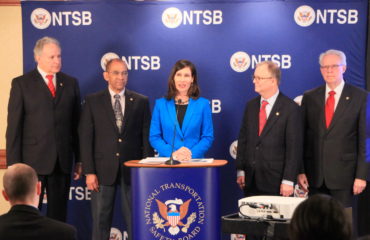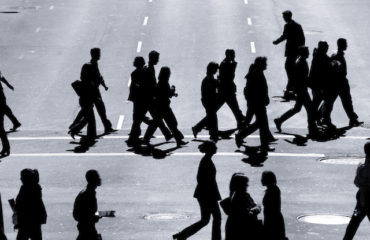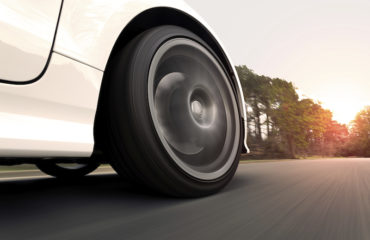Do you ever drive or ride as a passenger in a car?
Do you know someone that rides a motorcycle?
Have you ever gone out for a walk on a sidewalk?
Of course these questions are very broad. Most everyone on the globe has ridden in a motor vehicle, or gone for a walk or even knows someone who rides a motorcycle. And it is for that very reason that most everyone can save a life, maybe even your own.
Recently I was in Barbados speaking to a number of people, of all ages, about the importance of wearing a seat belt, the harms of underage drinking and the dangers of drinking and driving. Wearing a seat belt, not drinking and driving, not using a cell phone while driving, as well as other similar activities, are all actions that we should always do. It would save tens of thousands of lives, possibly including your own life. But one thing struck me during my discussions: while everyone agreed with my comments it was doubtful that they would take any significant action, with one exception—wearing a seat belt. They believed they were safe enough and no harm would come; after all, they were good drivers. It is the other driver who is dangerous. Thus, there was no need step up and speak out. But I also realized that this is not something unique to Barbados – it seems to be human nature. Until we suffer a loss, or have a consequence in our own lives, we typically don’t consider it important enough to think about, let alone act on.
Action from Loss
Mothers Against Drunk Driving (MADD) started because a mother, Candace Lightner, suffered the loss of her 13-year-old daughter, Cari, on a quiet Saturday afternoon after she was struck and killed by a drunk driver as she rode her bicycle in the designated bike lane on a street in her neighborhood. Distraction Advocate Network focuses on distracted driving. Jennifer Smith founded Distraction Advocate Network after her mother was killed by a driver who was talking on his cell phone. The Long Short Walk for pedestrian safety started because Zenani Mandela was killed in a car crash as she was returning home from the FIFA World Cup Kick Off Concert in Soweto. All of these tragic examples created strong organizations and activities focused on developing safer roads for everyone. What is it that makes us complacent until we suffer a loss?
Complacency
According to one dictionary, complacency is defined as: “A feeling of quiet pleasure or security, often while unaware of some potential danger, defect, or the like; self-satisfaction or smug satisfaction with an existing situation, condition, etc.” Yet, it is not like we are unaware of the potential danger. Around the globe 1.2 million people die from traffic crashes. It is the number one cause of death for youth ages 10 to 24. We hear about crashes every day. It almost seems like we believe that crashes and death are going to happen no matter what, so why should we do something about it?
Being complacent means not looking for new challenges, or understanding that change is happening all around us all the time. But when considering road safety, it is clear that not everyone is arriving at his or her location: going to work, to home, to school, or on a nice long holiday. It is clear that complacency can kill or maim. Complacency does not have to be a way of life – nor should it be! Crashes don’t have to happen. It is something we can and must change.
Be A Life Saver
The dangers are known to most every man and woman; mothers and fathers are dying on our roads, sons and daughters are being injured on our highways. It is happening everywhere, and the cure(s) are very straightforward. They include:
- Wear your seatbelt
- Don’t speed
- Don’t drink and drive
- Don’t use a cell phone while driving
- Don’t try to beat a red light
- Wear a motorcycle helmet when riding a motorcycle
- Stay alert when walking across the street
The list can go on, but most all of these “cures” are statements every person has heard at some point in their life. All of these “cures” are actions we can easily accomplish. Once we take these steps, it is time to share the message:
- As a parent, son or daughter, you can be the example and talk with those in your family.
- With friends and acquaintances, you can tell them why no one should use a cell phone while driving a car and why they should wear a helmet while on a motorcycle.
- As business leaders you can educate your employees.
- As a member of a community you can join with others and lead.
Death is a way of life. However, an early death is something that we may be able to stop. It requires that we stop being complacent and act before suffering a loss. It requires that we choose to make a difference in each other’s lives. With understanding and compassion, comes action. With action, we can all become life savers.
What actions are you going to take to be a life saver?








